Keywords: Catholic Social Teaching
There are more than 24 results, only the first 24 are displayed here.
Become a subscriber for more search results.
-
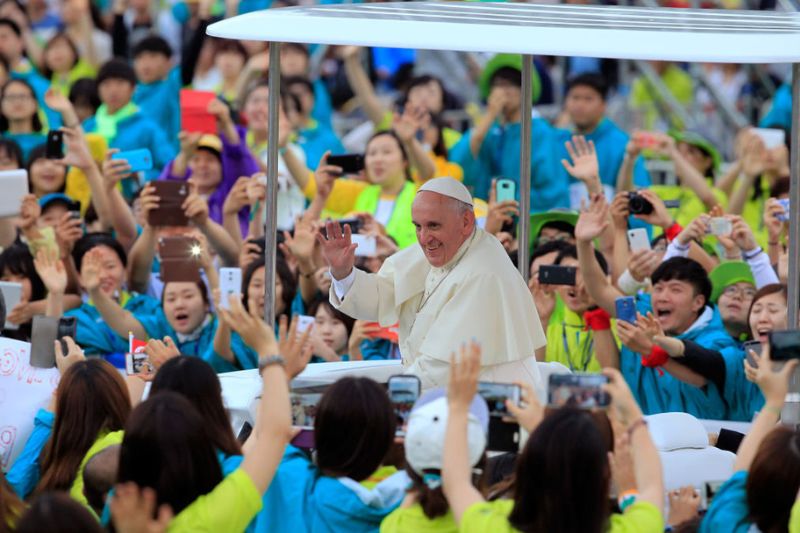
RELIGION
- Andrew Hamilton
- 28 August 2024
5 Comments
As Pope Francis embarks on a demanding tour, skipping Australia to visit smaller marginalised Catholic communities in Indonesia, Timor Leste, Papua New Guinea, he is demonstrating the priority of the Church in reaching out to those on the margins.
READ MORE
-
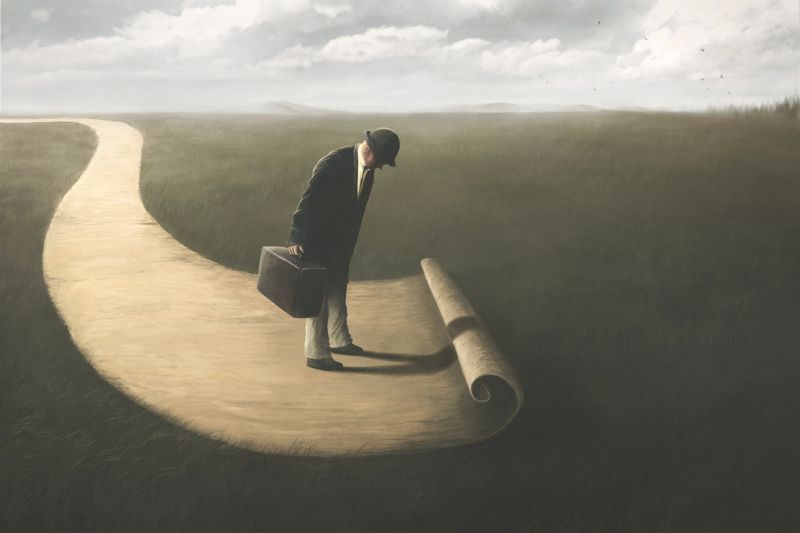
RELIGION
- Andrew Hamilton
- 21 August 2024
3 Comments
This year’s Social Justice Statement is ambitious in its scope. From the ravages of war to the erosion of truth, the statement challenges us to confront the root causes of our divisions and seek a path toward a more just and peaceful future.
READ MORE
-

EDUCATION
- Jacinta Collins
- 20 August 2024
11 Comments
As the discourse surrounding religious freedom in Australia becomes increasingly contentious, especially in the context of schooling, we must address the growing perception that holding religious beliefs and values — and making choices based on them — is somehow discriminatory or at odds with modern society.
READ MORE
-
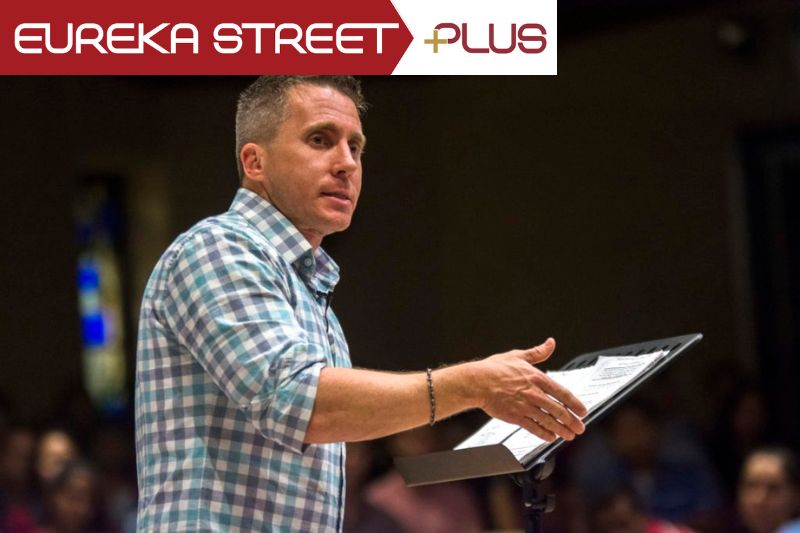
AUSTRALIA
- Michael McVeigh
- 28 May 2024
3 Comments
When US-based Catholic Jason Evert was due to speak to Catholic schools across NSW, there was a backlash, sparked by online activists. The controversies around Evert’s visit highlights just how difficult it is becoming to walk that line between the values and demands of the Church we represent, and the society in which we live.
READ MORE 
-
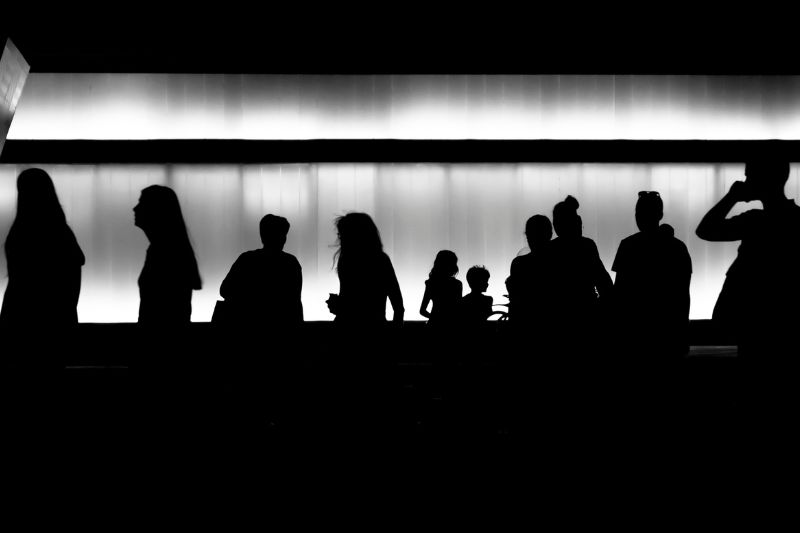
EDUCATION
- Michael Furtado
- 20 March 2024
6 Comments
As challenges to anti-discrimination exemptions are likely to persist within Catholic education, how can the government and religious institutions collaborate effectively to balance the freedom of expressing religious beliefs with safeguarding the rights and freedoms of everyone involved?
READ MORE
-

EDUCATION
- Erica Cervini
- 06 March 2024
2 Comments
By 2012, when the federal government first started reporting on staff-to-student ratios in universities, there was one academic for every 20 students. The most recent data, from 2021, shows that figure had increased to 23. As Australian students return for the new academic year, it will surely come as no surprise to find that ratio has worsened.
READ MORE
-
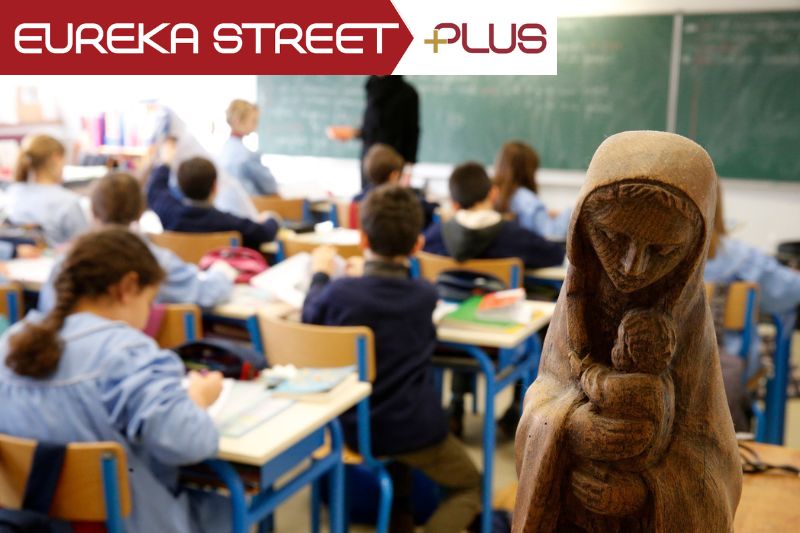
RELIGION
- Ann Rennie, Bernadette Mercieca
- 09 February 2024
5 Comments
Today, the claims of Christianity are no longer common knowledge among a Catholic student cohort that comes from many faith traditions and none, but the Catholic school has a place for them all. Has the classroom become the ecclesial face of the Catholic Church in the 21st Century?
READ MORE 
-
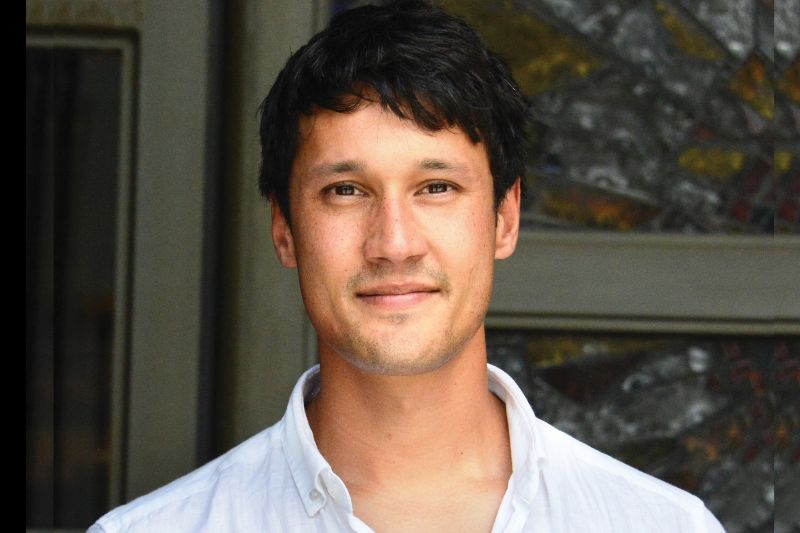
AUSTRALIA
- Michael McVeigh
- 06 February 2024
In a world that has become increasingly more divided in the aftermath of the pandemic, Executive Director of Catholic Social Services Victoria Joshua Lourensz is questioning how we might best re-develop a sense of the commons to reignite our communities and foster social responsibility?
READ MORE
-

RELIGION
- Bill Uren
- 30 January 2024
8 Comments
As Australia adopts voluntary assisted dying nationwide, the Australian Catholic Bishops Conference addresses ethical challenges for end-of-life care in this new legal landscape. What is to be done when a terminally ill Catholic patient requests access to the sacraments when their intention is to embark on assisted suicide?
READ MORE
-
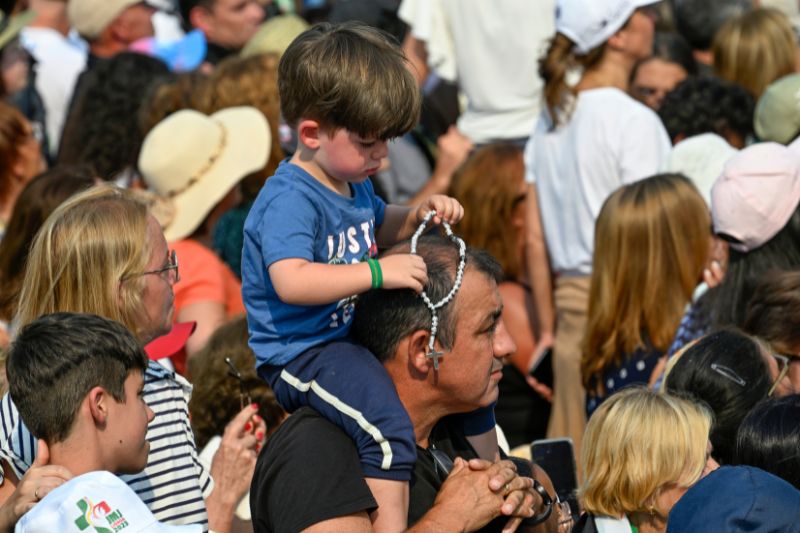
RELIGION
- Andrew Hamilton
- 16 November 2023
10 Comments
In a recent letter, Pope Francis articulated a controversial vision for an active theology in the Catholic Church, which should be open, outgoing, working at the frontiers of church, rather than self-referential and inward-turning. Naturally, this has raised important questions around the proper place and role of theology.
READ MORE
-
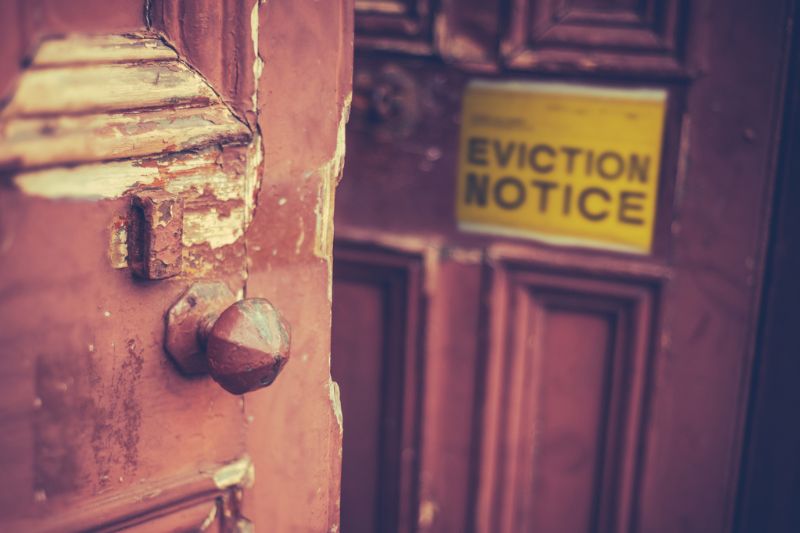
AUSTRALIA
- Mark Gaetani
- 12 October 2023
3 Comments
Beneath the facade of Australian prosperity lies a hidden country where over three million citizens, including a staggering 761,000 children, grapple daily with the hard choices that come with poverty. With an urgent need for reform, what policy shifts could bring about the transformation this nation needs?
READ MORE
-
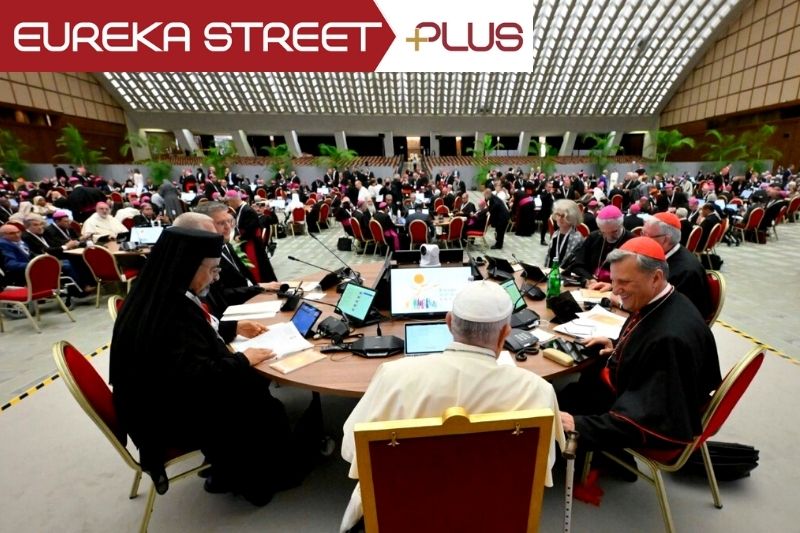
AUSTRALIA
- Julian Butler
- 11 October 2023
Amidst a backdrop of polarized decisions and rising populism, at the Synod on Synodality in Rome, Pope Francis emphasises collaborative listening. As he explores decision-making in religious contexts, could prioritising process over outcome reshape our own current political landscape?
READ MORE 